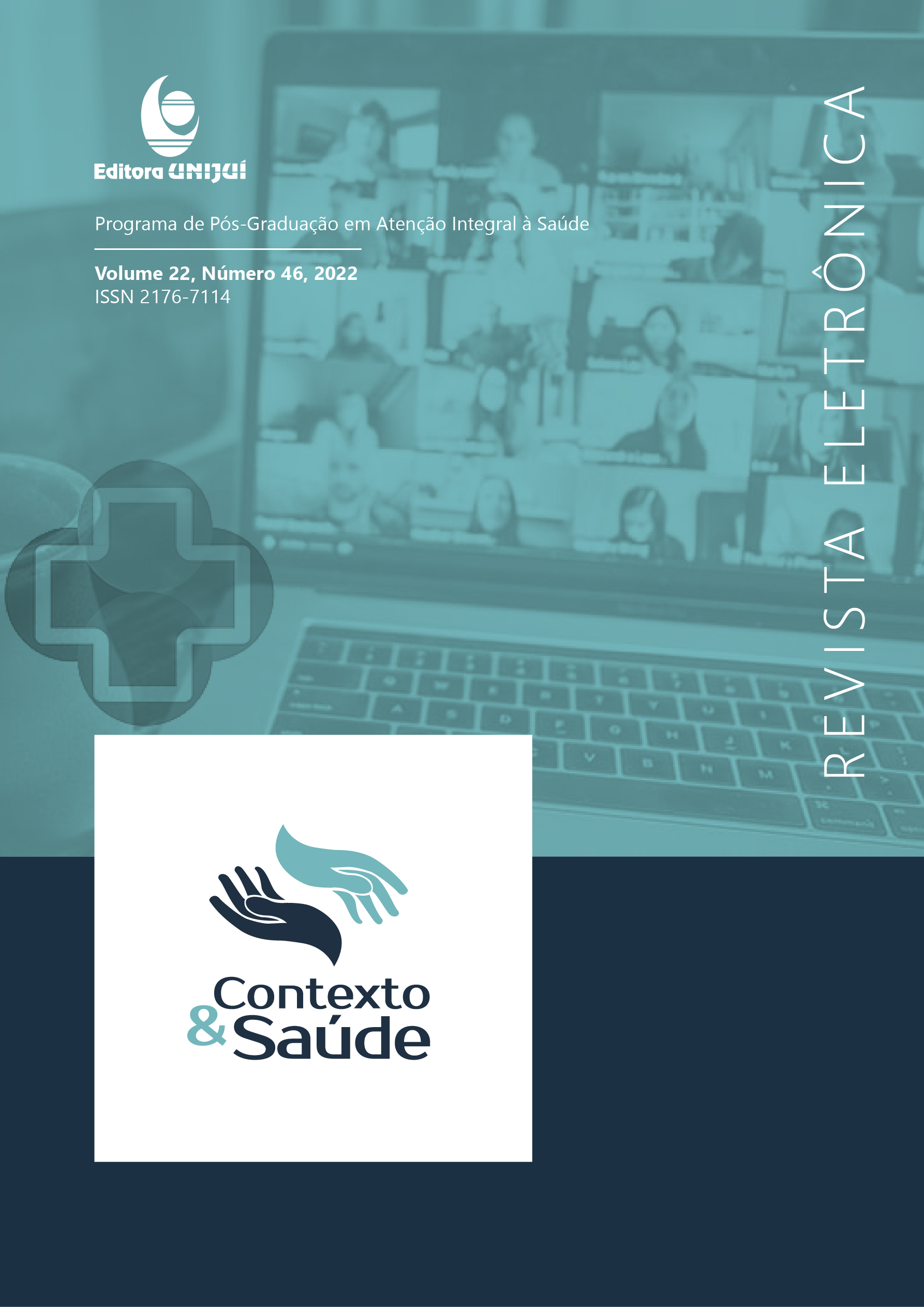Physical exercise, sedentarism and well-being of portuguese university students
DOI:
https://doi.org/10.21527/2176-7114.2022.46.13371Keywords:
ensino superior, satisfação com a vida, felicidade, atividade físicaAbstract
Physical activity is considered a positive health behavior, with the influence of physical exercise on the well-being and quality of life of university students being widely recognized and that the lifestyles acquired during the academic period are likely to be maintained throughout life. The aim of this study was to explore the relationship between physical exercise, sedentary behavior and the well-being of students from an university in northern Portugal. This cross-sectional study involved 840 students (55.4% female). Data collection was conducted using a survey validated, self-administered questionnaire composed by Godin Leisure-Time Exercise Questionnaire to measure physical activity, to which was added an item concerning sedentary behavior and the WbHPS (Well-being Health Perception Scale) to measure well-being. The practice of physical exercise; well-being and health perception are correlated, indicating that sedentary students revealed a lower level of well-being and health perception. The items that most contribute to the low scores of the scale in sedentary university students are the perception of health and satisfaction with physical fitness. This study highlights the importance of physical exercise in promoting students' well-being, showing that higher education institutions should not be limited to the development of professional skills, but include strategies that promote holistic development, including practice of physical exercise.
Downloads
Published
How to Cite
Issue
Section
License
Copyright (c) 2022 Revista Contexto & Saúde

This work is licensed under a Creative Commons Attribution 4.0 International License.
By publishing in Revista Contexto & Saúde, authors agree to the following terms:
The works are licensed under the Creative Commons Atribuição 4.0 Internacional (CC BY 4.0) license, which allows:
Share — to copy and redistribute the material in any medium or format;
Adapt — to remix, transform, and build upon the material for any purpose, including commercial.
These permissions are irrevocable, provided that the following terms are respected:
Attribution — authors must be properly credited, with a link to the license and indication of any changes made.
No additional restrictions — no legal or technological measures may be applied that restrict the use permitted by the license.
Notes:
The license does not apply to elements in the public domain or covered by legal exceptions.
The license does not grant all rights necessary for specific uses (e.g., image rights, privacy, or moral rights).
The journal is not responsible for opinions expressed in the articles, which are the sole responsibility of the authors. The Editor, with the support of the Editorial Board, reserves the right to suggest or request modifications when necessary.
Only original scientific articles presenting research results of interest that have not been published or simultaneously submitted to another journal with the same objective will be accepted.
Mentions of trademarks or specific products are intended solely for identification purposes, without any promotional association by the authors or the journal.
License Agreement (for articles published from September 2025): Authors retain copyright over their article and grant Revista Contexto & Saúde the right of first publication.

